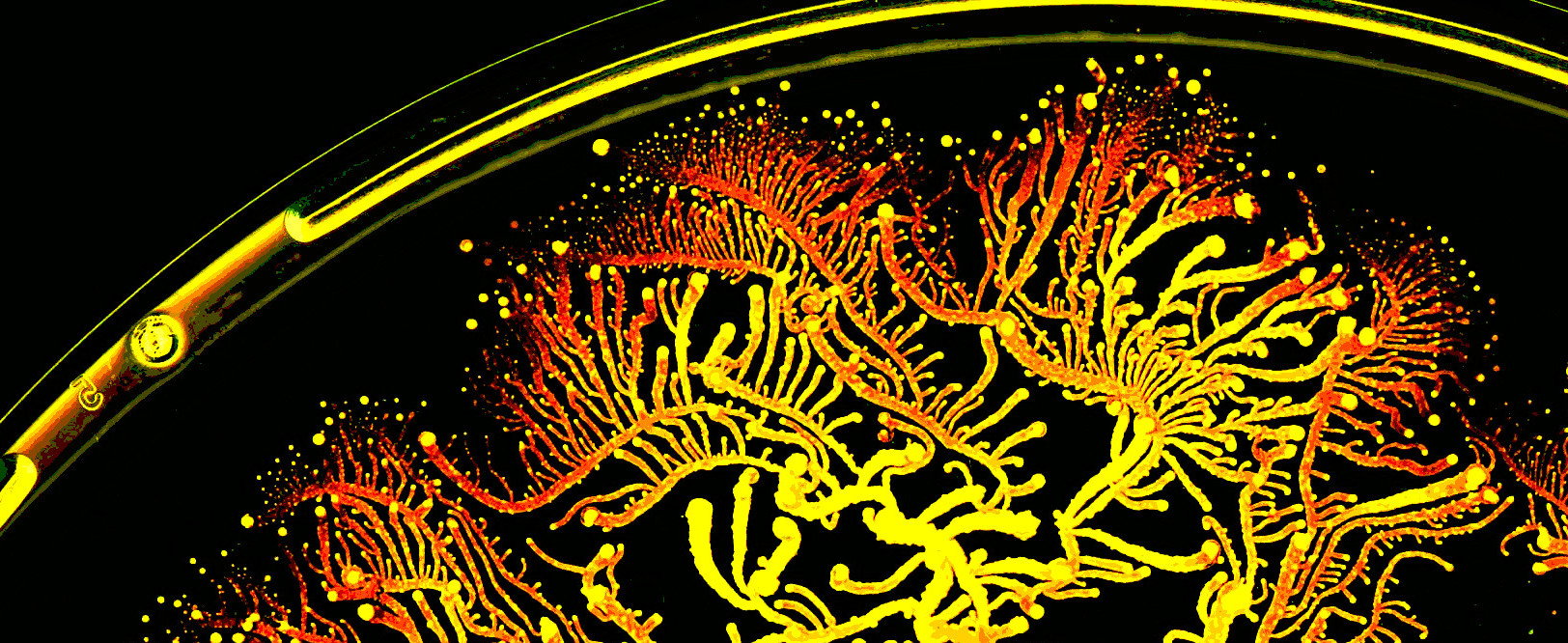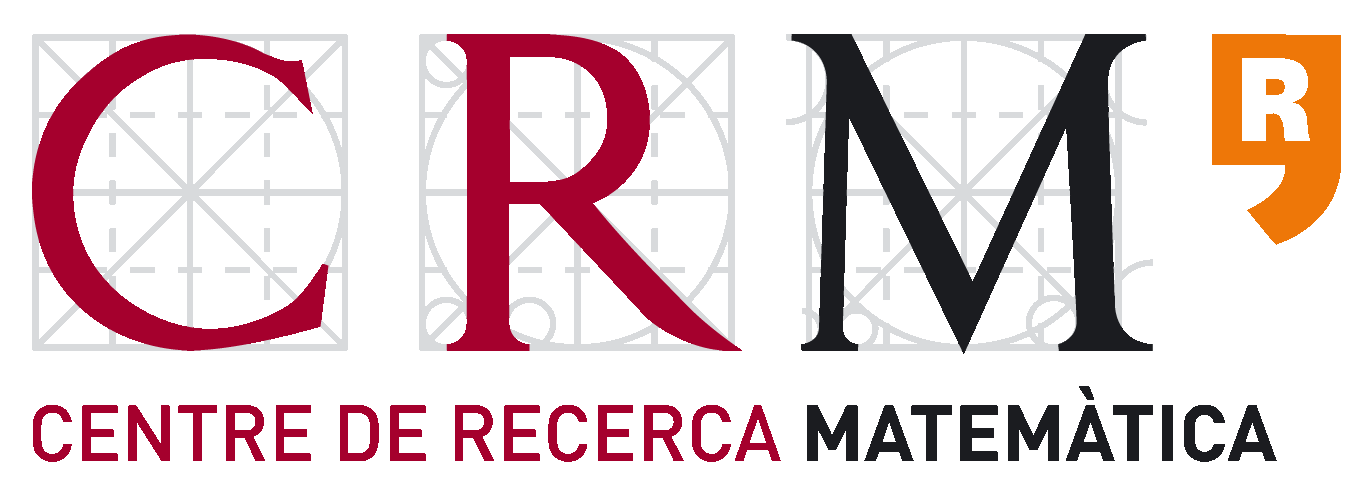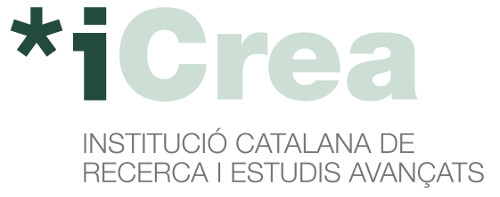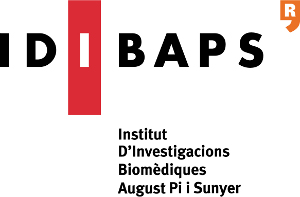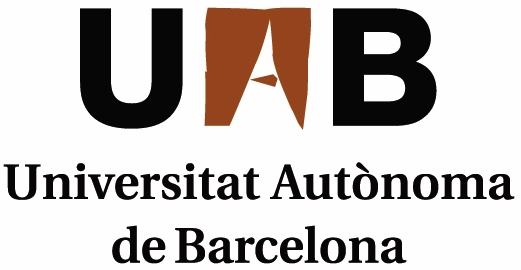COMPLEXITAT Catalan Network for the Study of Complex Systems
The greatest challenges faced by society lay at the interface between traditional scientific disciplines--chemistry and economics, social sciences and computer science, physics and biology. A common characteristic of these challenges is that they involve many components that influence each other in nontrivial ways; in this sense, these are complex systems. With many recognized researchers in complex systems, Catalonia has become an international hub for complexity science. COMPLEXITAT is the Catalan Network for the Study of Complex Systems. COMPLEXITAT brings together researchers from disparate disciplines with the goal of promoting the research and popularization of complexity science in Catalonia.
Statistical physics
Statistical physics uses methods of probability theory and statistics to solve problems involving large populations.
Complex networks
In complex systems, individual components interact with each other giving rise to complex networks of interactions that are neither totally regular nor totally random.
Data science
Large-scale data analysis requires new tools and new approaches at the interface of statistics, statistical and machine learning, network theory and statistical physics.
Social complexity
From individuals to societies: a new framework to understand socio-economic systems.
Climate and Earth science
Building a quantitative understanding of how the Earth system works and how it evolved to its current state.
Biological systems
Understanding the behavior complex biological systems calls for new computational and mathematical modeling approaches.




